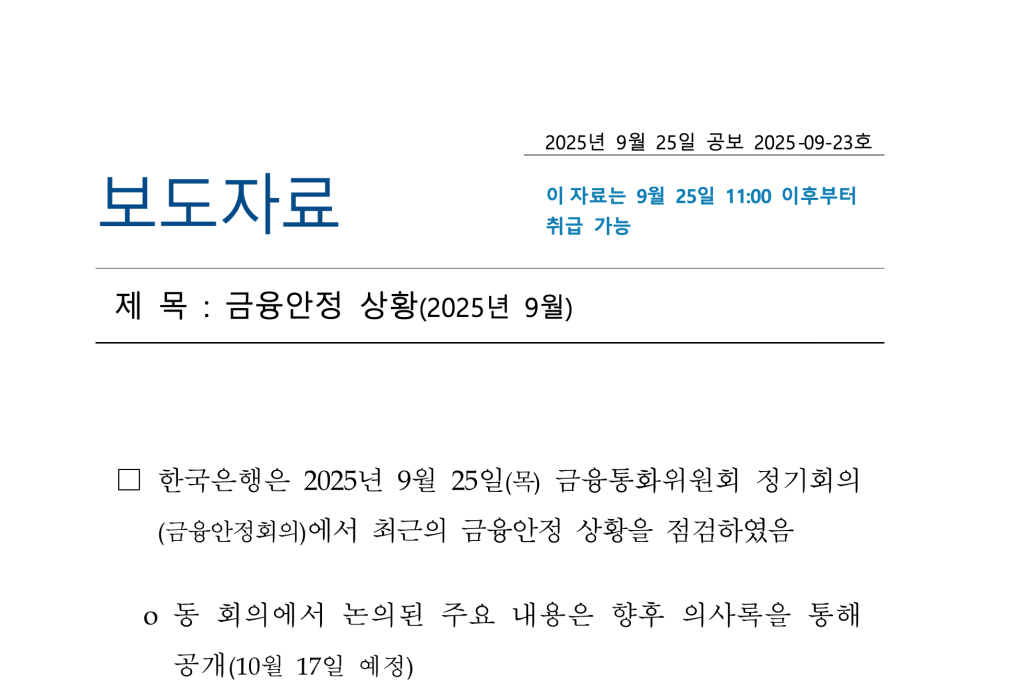Korean Crypto Market Bleeds $24B in Six Months as Trading Volume Plummets – Market Analysis
Seoul's once-booming digital asset scene hits an iceberg as liquidity evaporates faster than a meme coin's utility.
The Kimchi Premium Vanishes
Remember when Korean exchanges commanded premium prices global traders would kill for? Those arbitrage gaps now look like ghost towns. Retail investors who piled in during the 2021 frenzy are either holding bags or licking wounds.
Regulatory Whiplash
Local regulators flip-flopped harder than a decentralized governance vote. One week embracing blockchain innovation, the next threatening blanket bans. The Financial Services Agency's 'guidance' created more confusion than a shitcoin whitepaper.
Institutional Exodus
Major players quietly shifted operations to Singapore and Dubai while maintaining Korean branding. Can't blame them—who wants to navigate compliance hurdles that change faster than Bitcoin's hash rate?
The $24 billion question: Is this a temporary correction or structural collapse? Either way, traditional finance sharks are circling—nothing makes bankers happier than saying 'I told you so' while secretly accumulating BTC. The market's next move depends on whether regulators become facilitators or permanent roadblocks.
 Source: BOK
Source: BOK
Active Withdrawal Despite Bitcoin Price Gains
The decline occurred despite Bitcoin’s price appreciation during the same period, indicating retail investors were actively withdrawing from crypto markets rather than experiencing passive losses.
Exchange deposits fell from KRW 10.7 trillion to KRW 6.2 trillion, confirming widespread fund outflows.
Korean retail investors shifted focus from crypto to domestic equities, which outperformed overseas markets amid a strengthening won currency.
The pivot was particularly pronounced in U.S. tech stocks, with monthly purchases dropping from $1.68 billion between January and April to just $260 million by July.
However, South Korean authorities are simultaneously accelerating pro-crypto policies, with President Lee Jae-myung designating digital asset ecosystem development as a “key national task.”
The Democratic Party also launched a crypto policy task force this month, promising legislation before the end of the year to foster industry growth.
Mass Exodus From Crypto to Traditional Assets
The Bank of Korea attributed the decline in the crypto market partly to Korean investors’ strategic pivot toward domestic equities during a period of relative outperformance.
Local stock markets provided attractive alternatives as global uncertainty around U.S. tariff policies created volatility in overseas investments.
Korean retail investors demonstrated particular disillusionment with Tesla, selling a net $657 million in August alone as the electric vehicle Maker lost its compelling narrative.
Instead, crypto-related stocks, such as Bitmine Immersion Technologies, attracted $253 million in net inflows.
Daily trading volumes on domestic crypto exchanges experienced an unprecedented decline of over 80% from their peak levels.
The decline affected stablecoin trading growth, which had been expanding steadily before slowing during the withdrawal period.
Despite the domestic downturn, global crypto markets reached a total capitalization of $4.2 trillion by September, representing 3.2% of the worldwide stock market value.
Institutional adoption and legislative progress, including the passage of the U.S. GENIUS Act, supported the growth of the international crypto market.
Korean crypto investors maintained significant positions despite the outflows, with over 10,000 residents holding assets exceeding 1 billion won ($750,000).
The nation’s 10.86 million active trading accounts represent roughly 20% of the total population.
In fact, survey data revealed that 51% of South Koreans aged 20-59 have experience with crypto trading, with 27% currently holding digital assets, averaging 13 million won ($9,547) per investor.
Early adopters typically began with Bitcoin before diversifying into altcoins and stablecoins, with 60% starting during the 2020 bull run.
Government Pushes Pro-Crypto Agenda Despite Market Decline
President Lee Jae-myung’s administration has launched comprehensive crypto-friendly reforms, reclassifying trading firms as “venture companies” to grant them access to tax incentives and state-backed financing that was previously denied since 2018.
The Ministry of SMEs and Startups proposed amendments to include VIRTUAL Asset Service Providers under the category of venture companies.
Financial regulators lifted restrictions on institutional crypto investments while preparing approval frameworks for Korea’s first spot crypto ETFs.
![]() South Korea is moving to reclassify crypto firms as “venture companies,” which WOULD grant access to government subsidies.#SouthKorea #Cryptohttps://t.co/FucfcydMDq
South Korea is moving to reclassify crypto firms as “venture companies,” which WOULD grant access to government subsidies.#SouthKorea #Cryptohttps://t.co/FucfcydMDq
The Financial Services Commission also presented implementation measures scheduled for late 2025, alongside regulatory frameworks for won-based stablecoins.
Major banks established dedicated crypto teams in anticipation of legislative approval.
Woori Bank launched a nine-member Digital Asset Team, while Kookmin Bank created a Digital Asset Response Council covering KB Financial Group affiliates.
Similarly, Shinhan Bank formed a 20-employee crypto task force as institutions prepare rapid market entry strategies.
Local governments simultaneously intensified crypto tax collection efforts.
According to a recent Cryptonews report, Cheongju City has seized tokens from 203 residents since 2021 for unpaid taxes and has opened its own trading account to directly liquidate confiscated assets.
The city collected 1.5 billion won ($1.1 million) from 161 tax evaders through crypto seizures.
The Democratic Party’s crypto policy task force pledged to streamline regulations away from operator restrictions toward industry fostering.
Task force leaders plan consultations with regulators, the Bank of Korea, and private sector experts to develop comprehensive digital asset legislation.

